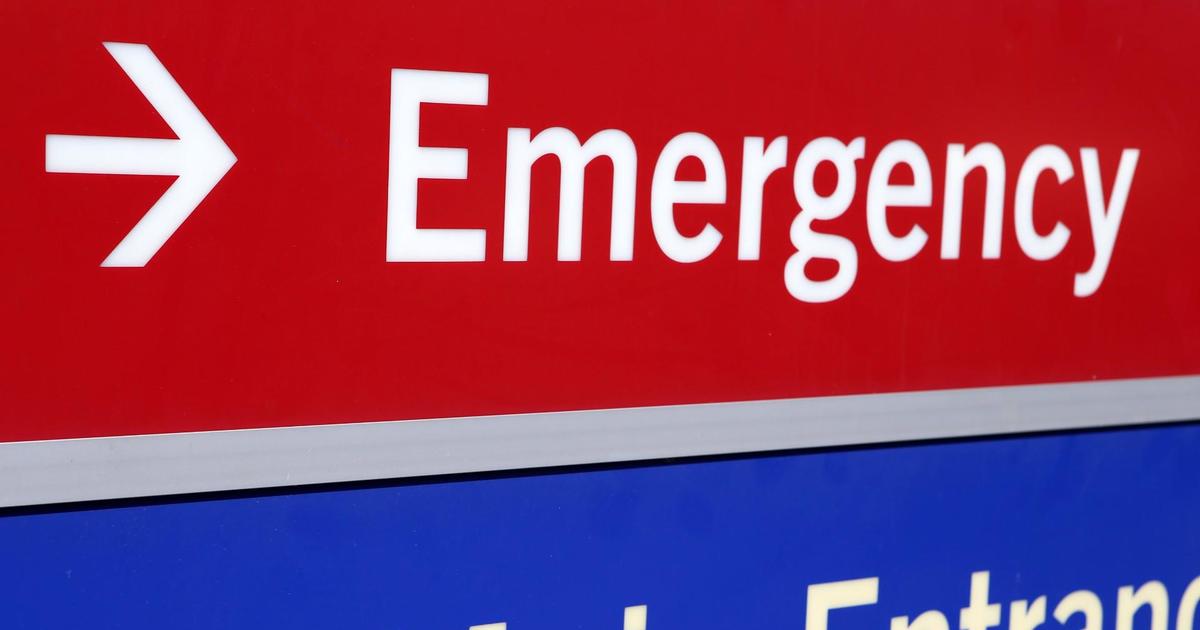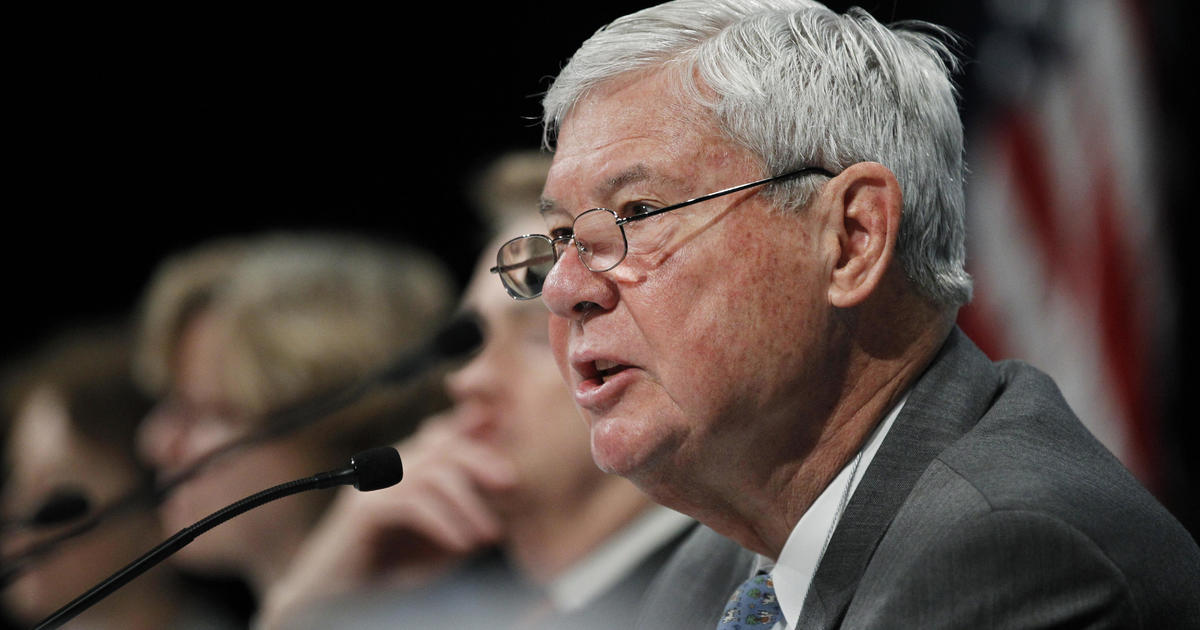Scott Touts Tax Cuts, College Graduation Plan
Follow CBSMIAMI.COM: Facebook | Twitter
LYNN HAVEN (NSF) – Gov. Rick Scott on Thursday wrapped up a four-day tour of the state by maintaining that Florida has enough money to cover his requests for $1 billion in tax cuts and $250 million in corporate incentives without cutting state services.
Appearing at Merrick Industries, Inc., a waterfront manufacturing plant in Lynn Haven, Scott continued to urge businesses to lobby lawmakers for his proposed tax cuts and economic incentives. Also Thursday, he focused on a new initiative challenging state colleges to more than double graduation rates without getting additional cash from the state or hiking tuition.
"I don't want tuition to go up. I don't want fees to go up," Scott added. "I want to make sure that every student knows what their textbooks are going to cost before they sign up for a class. I want to make sure any capital dollars we put into the system we get a return. Do you know what the return should be? It should be good-paying jobs."
Scott's visit to Merrick Industries in Northwest Florida came after a series of other stops as he makes tax cuts and business incentives a priority for the legislative session that starts in January.
"We have the money," Scott said after appearing with some of Merrick's 200 employees, local businesspeople and political leaders. "Think about where we are right now: We have record funding for transportation; record funding for the education; we've made significant investment in the environment; record funding for our springs."
Scott sees the tax cuts and increased incentive money as a step in reducing the state's dependence on construction and tourism as core industries. In pushing the ideas, he uses numbers from his budget chief that paint a rosier outlook for the state's fiscal future than state economists have predicted.
On Monday, Scott's Office of Policy & Budget Director Cynthia Kelly wrote that rather than the $635.4 million surplus state economists have predicted for the next fiscal year, "a more appropriate 'surplus' " is $1.6 billion.
"We've cut taxes 50 times and guess what's happening? Revenues are growing," Scott said Thursday. "Revenues are growing because people are moving here. Businesses are prospering here."
Scott has received support from at least parts of the business community. Joe Tannehill Jr., president and CEO of Merrick, said while the incentives wouldn't directly impact his business, Scott's tax cuts would.
"If we don't have to pay state income tax on what we make, we could reinvest that money," Tannehill said. "If we don't have to pay tax on machines that we buy for our shop floor, that's great. It lowers the cost of doing business."
State Rep. Jay Trumbull, R-Panama City, called Scott's proposals "amazing" while attending the event at Merrick Industries,but other lawmakers have been more guarded about what can be done during the 2016 session.
Senate President Andy Gardiner told reporters last week that while many of the governor's proposals are already moving in Senate bills, lawmakers will need to see the rest of Scott's budget proposals before making any commitments. Gardiner has said $250 million would be a starting point in discussions on tax cuts when lawmakers return to Tallahassee in January.
The bulk of Scott's proposed cuts, which would be amassed over a two-year period, involve permanently eliminating the income tax on manufacturing and retail businesses, a cut the governor's office estimates at $770 million. Scott's proposals also would make permanent the elimination of a tax on manufacturing equipment, reduce a commercial lease tax and extend a temporary elimination of sales taxes on college textbooks.
Scott went to Lynn Haven after earlier in the day rolling out a "Ready, Set, Work" proposal challenging the 28 state colleges to reach 100 percent graduation rates, with all students finding work or moving on to four-year universities. Traditionally, state colleges were known as community colleges.
"I'm going to challenge all of them to figure how to do this less expensively," Scott told reporters. "I've been in business all my life. Nobody came to my office and said 'I want to pay you more money for something.' They always were asking me for a reduction in price. I had to figure how to do it less expensively."
Currently the average state-college graduation rate is 43 percent.
Scott introduced the challenge Thursday at Lake Buena Vista, where the Association of Florida Colleges has been holding a conference. By Thursday afternoon, the Department of Education and the governor's office issued releases saying all 28 colleges accepted the challenge.
The News Service of Florida's Jim Turner contributed to this report.



